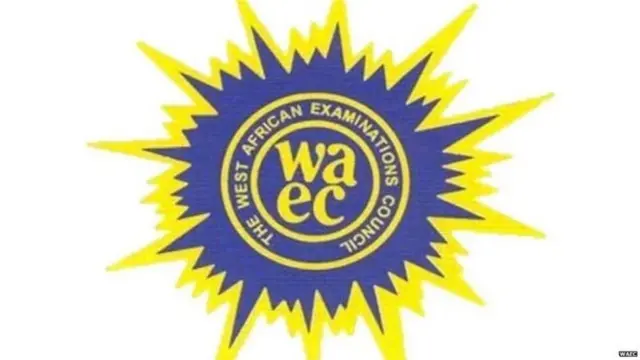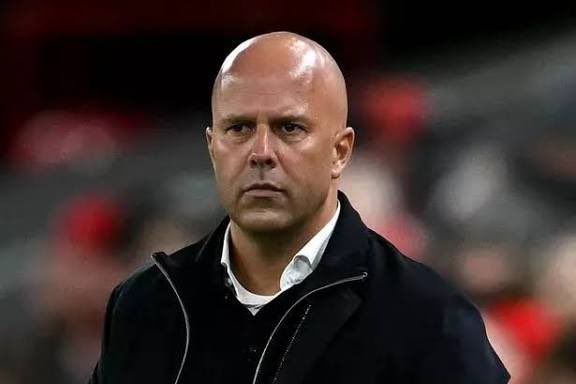
Nigerians Rally Behind 16-Year-Old Girl With Straight A’s as WAEC Withholds Her Chemistry Result

A wave of emotion swept across Nigerian social media after Alex Onyia, the tech CEO and education advocate, spotlighted the plight of 16-year-old Iwuji Cynthia Amarachi, whose 2025 WAEC results showed an extraordinary performance — straight A’s in all her subjects except Chemistry, which was mysteriously withheld.
The story, which first surfaced on X (formerly Twitter), quickly went viral, drawing sympathy, outrage, and renewed debate over the transparency of Nigeria’s examination bodies. Cynthia, a bright student from a modest family background, reportedly lost her father years ago, leaving her mother to shoulder the burden of her education. Despite those struggles, her determination and brilliance shone through as she aced subjects like English Language, Mathematics, Physics, Animal Husbandry, Biology, and Economics with top grades.
Yet, instead of the full celebration her family expected, a small mark on the result sheet — the phrase “Result Withheld” beside Chemistry — has turned their joy into confusion and worry.
According to data released by the West African Examinations Council (WAEC), over 192,000 candidates — roughly 10 to 11 percent of those who sat for the 2025 West African Senior School Certificate Examination (WASSCE) — had their results withheld for alleged examination malpractice. While WAEC has repeatedly claimed the move is part of its integrity measures, cases like Cynthia’s continue to raise questions about fairness, accuracy, and due process.
In his post, Onyia described Cynthia as a “brilliant, disciplined girl with a pure heart and unstoppable drive.” He said her teachers attested to her honesty and academic strength, dismissing any suspicion that she could have been involved in malpractice. “We cannot let bureaucracy crush a future this bright,” he wrote, tagging WAEC’s official handle and calling for a transparent review.
The post gained thousands of shares within hours, with Nigerians rallying behind the teenager. Some offered to help her appeal through WAEC’s online complaint portal, which allows affected candidates to submit written defenses and school attestations. Others, including university lecturers and education activists, demanded an internal audit to ensure that genuine students like Cynthia aren’t punished due to mass malpractice cases in neighboring centers.
The reactions also tapped into a larger conversation about Nigeria’s struggling education system — one often marked by outdated infrastructure, exam insecurity, and bureaucratic neglect. Many users on X noted the irony of penalizing a student for excellence in a country where mediocrity is often rewarded. “This is what happens when brilliance shocks the system,” one user commented. “If she had seven credits, no one would raise eyebrows. But straight A’s? Suddenly it’s ‘under investigation.’”
WAEC, for its part, has maintained that withholding results is a routine process to verify potential irregularities before final release. In a press briefing last month, the Head of Nigeria’s National Office, Dr. Amos Dangut, explained that many withheld cases are later cleared after investigation. “Candidates and schools are advised to respond promptly when contacted, as most withheld results are resolved once due diligence confirms no wrongdoing,” he said.
Still, the emotional and psychological toll on affected students can be devastating. For Cynthia, the delay could threaten her university admission prospects. Nigerian tertiary institutions have begun processing UTME 2025 entries, and missing a key science subject like Chemistry can derail her plans to study medicine or engineering. “She checks the portal every morning,” her mother reportedly told a local teacher. “She keeps saying, ‘Mummy, maybe today they will release it.’”
Beyond the personal story, Onyia’s intervention reignites national discourse around educational accountability and empathy. As the founder of an EdTech platform that promotes digital learning access, Onyia has often used his influence to amplify stories of talented but disadvantaged students. His involvement gives the case both visibility and moral weight, symbolizing how social media advocacy can bridge the gap between institutions and citizens.
But even amid the growing calls for reform, the case underscores a recurring Nigerian paradox — where excellence too often becomes a source of suspicion rather than celebration. Critics argue that WAEC’s mass approach to handling suspected malpractice undermines the principle of individual justice, lumping innocent candidates into a bureaucratic dragnet.
As the campaign for Cynthia’s result release gains traction, the story has become more than just about one girl’s withheld Chemistry paper. It’s a mirror of Nigeria’s systemic failures — where intelligence meets inertia, and potential meets red tape. Yet it also embodies resilience, as thousands of Nigerians rally in defense of merit and transparency.
“If WAEC wants to prove it values integrity, it must first protect those who uphold it,” another commenter wrote. “Cynthia is not just a student — she’s a symbol of what Nigeria’s youth can be if given a fair chance.”
For now, her fate rests with WAEC’s review process. But her story, amplified by voices like Onyia’s, has already done something powerful — it has forced a national reflection on what fairness truly means in Nigeria’s education system. Whether the withheld grade is released or not, Cynthia has already earned something that can’t be quantified in letters: the respect and admiration of a nation hungry for honest excellence.
Here is the post


